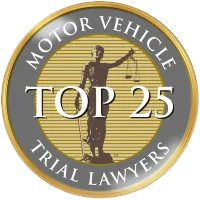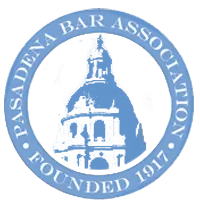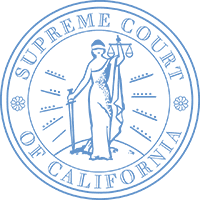When you go to take your child to school or you take a trip to the mall, the last thing you expect is to be involved in a car crash, particularly in the parking lot. However, parking lot accidents are relatively common, with hundreds occurring weekly. And while very few of these accidents result in serious injuries, they can still leave you feeling shaken and worried about whether you’re to blame.
When it comes to parking lot accidents, who’s at fault is very rarely clear-cut. To help you understand whether you are to blame for the accident, here are some key issues to consider:
Basic Traffic Rules in a Parking Lot
The majority of parking lots in the US are private property. This means that, unlike the highways, they are not subject to state traffic laws. However, while this may be the case, there are some basic rules that all drivers should follow in parking lots that will help support your insurance claim, including:
- Obey traffic signs – drivers must obey all traffic signs in a parking lot.
- Understand when to give way – drivers in the access or main lanes have the right of way. You must give way if you are joining the parking lot from a feeder lane.
- Check for pedestrians and other cars before leaving a parking space – pedestrians and other cars have the right of way in this scenario.
On top of these rules, anyone driving in a parking lot must watch out for pedestrians, look where they’re going, and avoid causing harm to others. Negligence is when a driver fails to abide by these rules or does something no reasonable person would do, like drinking alcohol or making a phone call while driving through the parking lot.
Typical Parking Lot Scenarios: Who’s at Fault?
Here’s a list of some common parking lot scenarios and who is at fault. However, it’s vital to bear in mind that these scenarios cannot account for variables that caused the accident to happen:
- Damage to a parked vehicle – if you strike a legally parked car, you are to blame for the accident. According to statistics, these type of auto accidents are more likely to be hit and runs.
- Both cars are moving – this will depend on which driver had the right of way and whether they followed the rules listed above.
- A car leaving their parking space into the parking lot – the person leaving the space will be held accountable for this type of accident. This is unless the person with the right of way was texting, speeding, or not driving with due care and attention.
- Two cars leaving their parking space simultaneously – both drivers will be held equally accountable for this type of accident.
- Two cars trying to enter the same space – this will depend on who has the right of way or who was entering the space first.
Involved in a Parking Lot Accident? Here’s What to Do Next
Although parking lot accidents aren’t as common as other types of road traffic accidents, they happen. For this reason, it’s essential to know what to do if you’re involved in one:
- Check for any injuries. Thankfully, very few people are seriously injured in this type of accident.
- Call 911. Although the rules of the road do not apply to most parking lots, it’s still essential to contact 911 after an accident. This is because a police officer’s opinion carries a lot of weight with car accident lawyers and insurance companies.
- Swap insurance information with the other party involved.
- Get details of any witnesses.
- Take photos of the scene for insurance purposes.
- Notify your insurance company.
- Get a copy of the police report (if there was one).
- Contact a lawyer for support.
As you can see from the information above, when you’re involved in a parking lot accident, fault is very rarely clear-cut. For this reason, it’s essential to contact a lawyer for advice.
Our team of lawyers at Binder Law Group can help. You can find us at 16633 Ventura Blvd. #602 Encino, CA 91436.
Alternatively, you can call us for a free consultation on (818) 659-8588.











